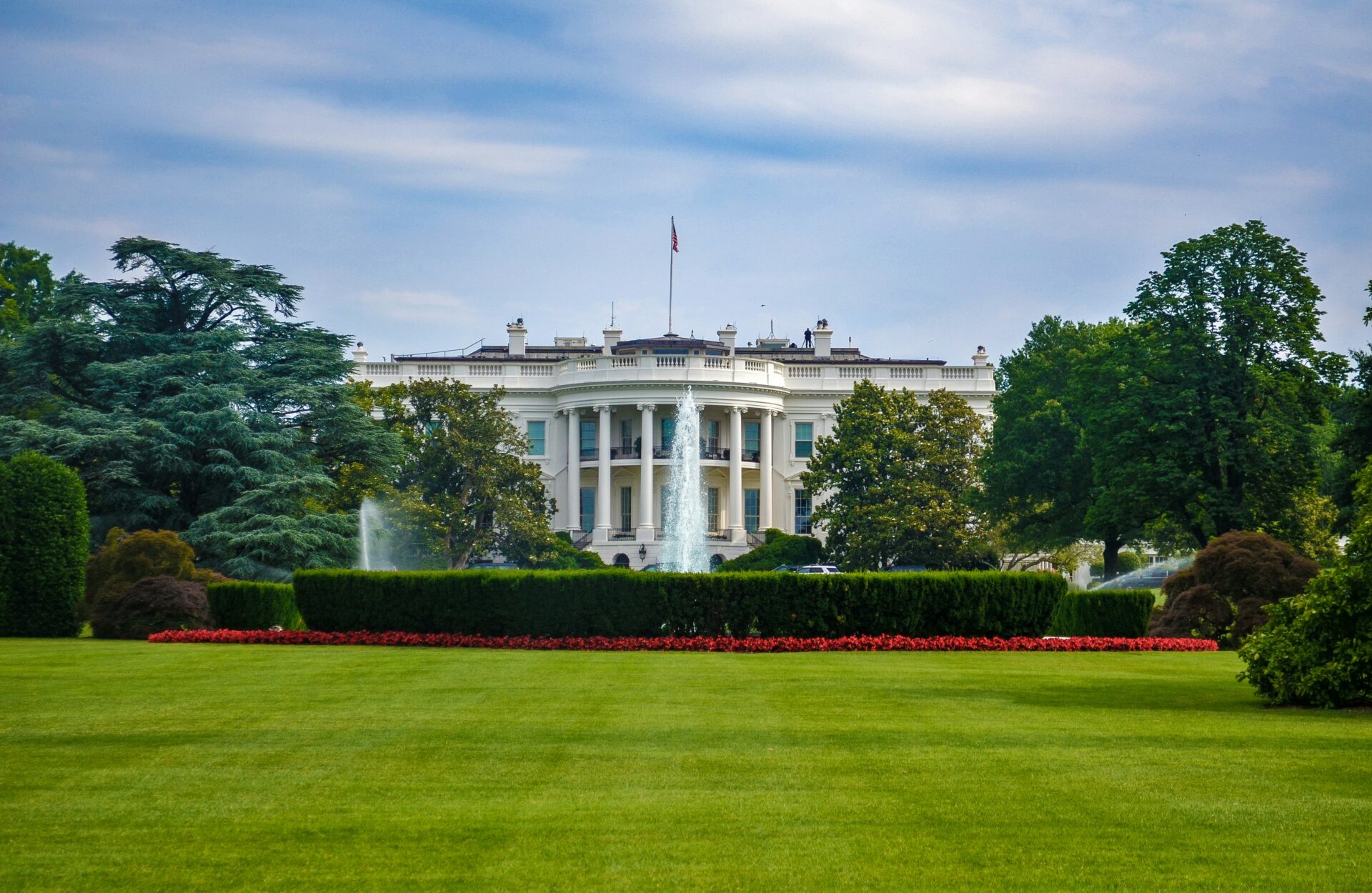Earlier this year, the US government introduced new tariffs that affect key trading partners, including China, the European Union, and the United Kingdom. These measures target a wide range of goods, from luxury cars to designer clothing to fine wines and spirits. Although the tariffs were intended to “rebalance” trade and support American businesses, they have increased costs on high-end imports, disrupted global supply chains, and created uncertainty in luxury markets.
This presents new challenges for wealthy consumers, luxury brands, and investors.
Although the tariffs themselves have not been directly imposed on individuals in the UK, the repercussions are nonetheless palpable, especially among the country’s affluent population.
The key channels of impact have been through market volatility and escalating geopolitical tensions, both of which have contributed to a more cautious economic climate among high-net-worth individuals.
Sentiment among UK millionaires
Among UK millionaires, negativity regarding the global economy rose from 16% in the first quarter to 22% in the second quarter of 2025.
When asked about their main concerns, many mentioned the 2025 US tariffs and Donald Trump’s return to aggressive trade policies. The impact is especially strong among older millionaires. For this group, economic pessimism doubled over the same period, increasing from 16% to 33%.
This older group are often more affected by investment fluctuations and less able to absorb shocks as they approach or enter retirement. Their increased sensitivity to economic instability reflects a broader worry: that trade tensions could reduce portfolio value, slow returns, and threaten long-term financial security. Although overall confidence in personal savings and investments has remained stable, the age gap is clear. Millionaires aged 55 and over are far more concerned about the safety of their savings compared to younger millionaires.
Nearly a quarter (23%) of all surveyed UK millionaires now see US tariffs as a significant investment risk. This sentiment is especially pronounced among individuals aged 55 and older, who’s concern over US tariffs has not only outpaced other risk factors but has also become a primary driver of broader economic pessimism.
Implications for wealth advisors
For wealth advisors, these findings highlight the importance of proactive engagement. Advisors should frequently and clearly communicate about macroeconomic changes and the specific vulnerabilities or risks in each client’s portfolio.
Encouragingly, banks have responded effectively to the current climate; the main bank’s net promoter score has risen significantly since the first quarter, suggesting that clients recognise and value consistent guidance during uncertain times.
Above all, advisors have a crucial role to play as sources of calm, strategic reassurance. While events like new tariffs and shifting trade policies can create short-term turbulence, they are a normal aspect of economic cycles.
By offering tailored advice, keeping clients focused on long-term objectives, and helping clients distinguish between temporary noise and longer lasting trends, advisors can empower millionaires to navigate volatility with greater resilience and clarity.




